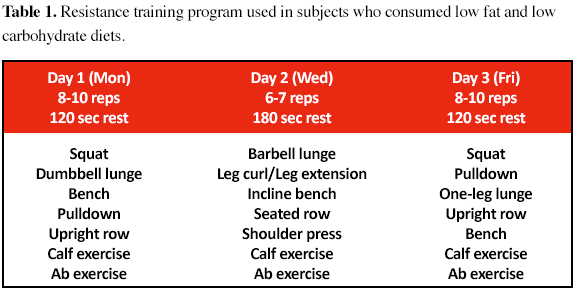Zesty Insights
Dive into the world of news and information with engaging articles.
Muscle Feast: Eating Your Way to Gains
Unleash your strength with Muscle Feast! Discover delicious meals that fuel your gains and transform your body. Eat big, grow big!
Top 10 Foods to Fuel Your Muscle Growth
Building muscle effectively requires not just a rigorous workout regimen but also the right nutrition. Here are the Top 10 Foods to Fuel Your Muscle Growth:
- Chicken Breast: Rich in high-quality protein, chicken breast is a staple for anyone looking to build muscle. It contains about 31 grams of protein per 100 grams. Learn more.
- Quinoa: This grain-like seed provides a complete protein source, which includes all nine essential amino acids vital for muscle repair and growth. Learn more.
3. Eggs: Known as a powerhouse of protein, eggs also include healthy fats and vital vitamins for muscle recovery. Each egg has approximately 6 grams of protein. Learn more.
4. Greek Yogurt: This creamy treat is not only delicious but also boasts a high protein content of around 10 grams per 100 grams, making it ideal for muscle growth. Learn more.

How to Create the Perfect Meal Plan for Gaining Muscle
To create the perfect meal plan for gaining muscle, start by determining your daily caloric needs. Utilize the Mifflin-St Jeor equation to calculate your basal metabolic rate (BMR) and adjust it based on your activity level. Once you know your caloric intake, focus on macronutrient distribution: aim for approximately 30% protein, 50% carbohydrates, and 20% fats. Incorporating protein-rich foods such as chicken, fish, and legumes is crucial for muscle repair and growth. For an optimal breakdown, consider using resources like Bodybuilding.com for guidance on macronutrient planning.
Next, plan your meals around your workout schedule to maximize muscle gains. Prioritize a balanced intake of nutrients pre- and post-workout. A good pre-workout meal could include complex carbohydrates and protein, such as oatmeal and eggs. Post-workout, focus on quick-digesting proteins and carbohydrates, like a protein shake with a banana, to facilitate recovery. Additionally, never underestimate the importance of hydration; maintaining optimal water intake is critical for overall performance. For more tips on meal timing and nutrition, visit Nutrition.org.uk.
The Science Behind Protein: How Much Do You Really Need for Muscle Gains?
The body's requirement for protein varies based on several factors, including age, sex, activity level, and fitness goals. For those engaged in strength training or looking to increase muscle gains, research suggests a protein intake of approximately 1.6 to 2.2 grams per kilogram of body weight is optimal. This is a significant increase compared to the general recommendation of 0.8 grams per kilogram for sedentary individuals. The timing of protein consumption also plays a crucial role; consuming protein shortly after your workout can maximize muscle protein synthesis, which is vital for recovery and growth.
It's essential to prioritize high-quality protein sources to effectively meet these requirements. Animal-based proteins, such as chicken, beef, and dairy, are generally rich in all essential amino acids and are easily digested. However, plant-based options like lentils, quinoa, and chickpeas also provide adequate protein when consumed correctly. A well-rounded diet that ensures a balance of macronutrients will not only support muscle gains but also enhance overall health. For more detailed information on protein's role in muscle building, consider checking the research published by the National Institutes of Health.